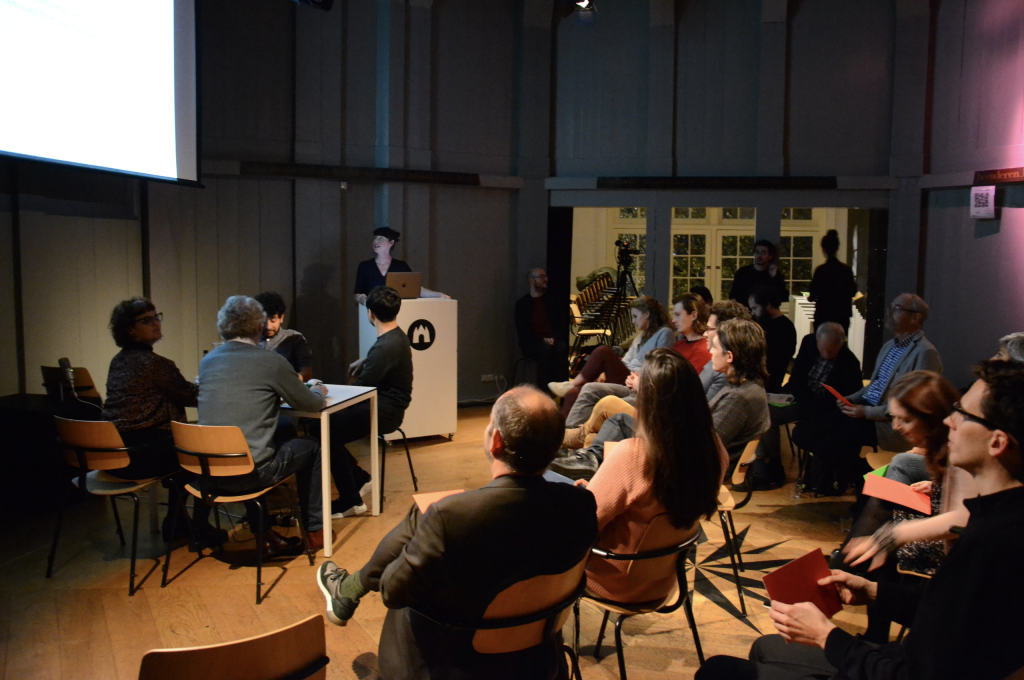As part of the first workpackage of circulate we conducted several probes exploring the underlying economic and social values within resource communities, and how these values can be given a role in the development of digital platforms to aid these communities. Peak Shaving time is one such probe.

The term Peak Shaving Time refers to periods when the energy grid is under stress. In the past, this term was used to encourage conservation during peak hours, on public energy grids.
With the arrival of smart grids, or (semi)closed energy systems, private communities are confronted with how to track, manage, and negotiate energy saving behaviours.
Additionally, third party software attached to the smart grid can provide residents with real time updates, including weather predictions, or fluctuations in the energy market. These updates can help make decisions about how/when to either spend or save energy.
The smart grid is managed by a pre-determined algorithm, in this case (and at one of our research locations), blockchain.
These new technologies bring along with them a number of complex issues; including individual vs. collective decision making, and privacy vs. transparency. Additionally, residents may at some point want to ‘opt out’ of agreements – how are these instances addressed, and governed?
Peak Shaving Time, explores some of these issues within the context of a fictional energy cooperation, ’The Harmony’. Harmony residents agree not to use more energy than the community produces. The also receive system (push)messages aimed at helping them optimise their energy saving behaviours.

The probe begins with four participants, who are each handed an electric shaver. Each ‘resident’ also receives a specific profile, and prepares to start shaving. Immediately, they are confronted by a number of system messages that are designed to tease out their attitudes and approaches toward negotiating shared resources.
Peak Shaving Time is designed to shed light on the social ramifications of smart technologies.
